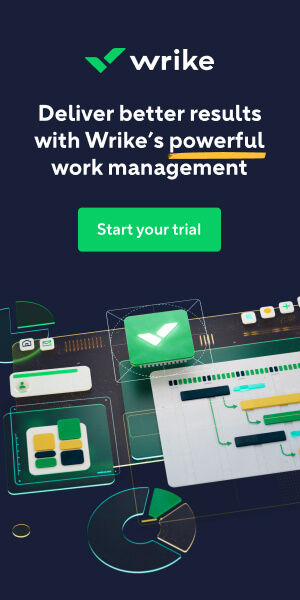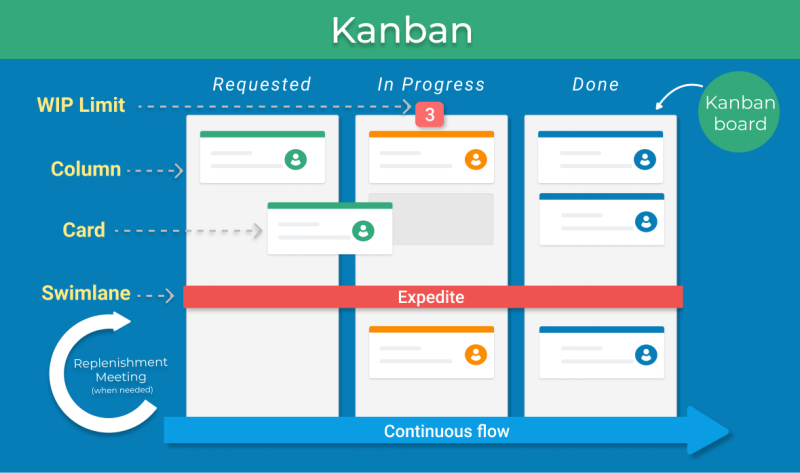Project Management Professional (PMP) certification is the most prestigious project management certificate you can get in North America. It serves as proof that you are a skilled project manager across all industries and that you have the competencies to implement several project management methods in any organization.
Certificate holders tend to earn 20% more than those without it. Aside from increasing your competitive edge, it also connects you to a strong community of project managers that holds you to a high professional standard.
Let’s talk about how you can get and keep your PMP certification.
Read more: When Is It Worth It to Get a PMP Certification?
How to Get Your PMP Certification
The process of getting your PMP certification consists of five important steps.
Preparation: Prerequisites and Audits
To apply for a PMP certification exam, you’ll need to have either of the following prerequisites:
- A 4-year degree
- 36 months of project management experience
- 35 hours of project management education/training, or a CAPM certification
OR
- A high school diploma or associate’s degree
- 60 months of project management experience
- 35 hours of project management education/training, or a CAPM certification
PMP exam fees are $405 for Project Management Institute members or $555 for non-PMI members (the membership fee is $139). Submitting your application signifies that all the information you shared is accurate and that you’re willing to participate if the organization requests to audit your information.
Audits are selected at random. You’ll be informed via email before you pay your certification fee if you’re chosen. Once you receive the notice, you’ll have 90 days to submit the following:
- Copies of your diploma/global equivalent
- Signatures of supervisors or managers from projects recorded in the experience verification section
- Copies of certificates and/or letters from training institutes for each course recorded on the application to meet the required hours of professional education
Submit all your requirements in one envelope via regular postal mail or express courier to:
Project Management Institute, Attn: Certification Audit
14 Campus Blvd. Newtown Square, PA
19073-3299 USA
You can expect feedback within five to seven business days. Once you’re cleared, you can proceed to apply for your PMP exam.
Read more: Best Project Management Certifications to Have in 2022
Scheduling, Taking, and Passing Your PMP Exam
You can take your project management professional exam online or in person. Once you secure a venue and schedule, you’ll have one year to pass the PMP exam from the time your application is approved.
The PMP exam consists of 180 questions that you can answer in 3 hours and 50 minutes, coupled with 10-minute breaks. For online PMP exams, you’ll immediately see your results when you finish.
A passing score will allow you to use your new credential right away, add your name to the Certification Registry, and grant you a digital version of your certificate that you can download.
If you don’t pass your first PMP exam, you can retake the test up to three times within your eligibility period of one year. If you fail three times in that term, you’ll have to wait one year from your last PMP exam before you can apply again. The re-examination fee for each additional attempt, as of January 2022, is $275 for PMI members and $375 for non-members.
Read more: Top 6 Reasons People Fail the PMP Exam
Maintaining Your PMP Certification
To stay eligible as a certified project management professional, it’s necessary that you continuously hone your skill sets and update your knowledge. To uphold the standard that your certification signifies, the Project Management Institute requires 60 professional development units (PDU) from certificate holders every three-year cycle.
Continuing Certification Requirements (CCR) Cycle
A CCR cycle is the deadline for when you have to complete at least 60 PDUs. It starts as soon as you pass your PMP certification exam and ends on the same date three years later.
Professional Development Units (PDUs)
Professional development units are approved activities to elevate your skills as a project manager or the project management industry in general. One PDU is equal to one hour spent engaging in an educational endeavor or an activity to give back.
PMI cites the following ways to earn education PDUs:
- Professional seminars
- Webinars
- Classes
- Self-directed learning
The topics you’d want to cover are those within the tenets of the PMI Talent Triangle: technical project management, leadership, strategic and business management, and digital skills. As for giving back, you can volunteer, mentor, or work with professional groups.
While you have the freedom to choose how you want to earn your PDUs, note that you need a minimum of 35 educational PDUs and a maximum of 25 giving back PDUs.
Reporting and Fees
Before your CCR cycle ends, you may report your rendered PDUs. You’ll also need to pay renewal fees — $60 for PMI members and $150 for nonmembers.
Read next: How to Use Jira: Complete Beginner’s Guide
Featured Partners: Project Management Software
If you’re interested in learning more about top-rated project management software, project-management.com actively recommends the following:












